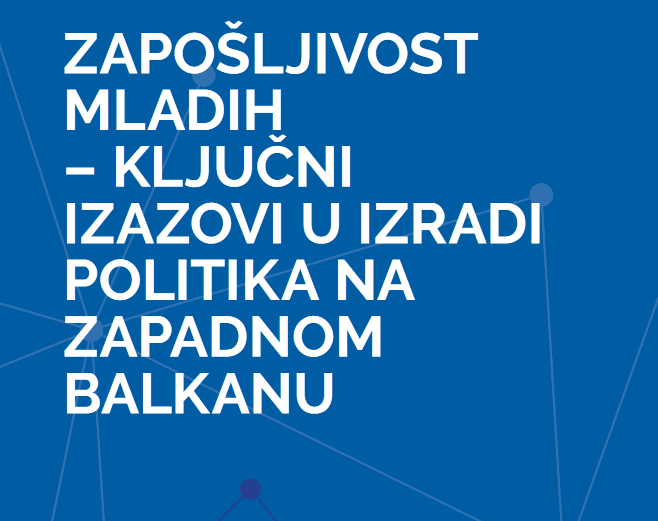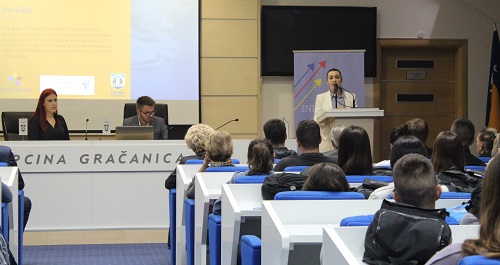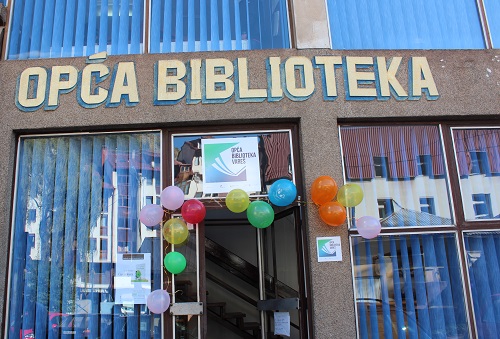Youth do not have access to quality career guidance, there is a lack of coordination and cooperation among main stakeholders, access to information is limited, there are few quality internships and trainings for improving employability skills – these are some of the key challenges faced by all of the Western Balkans countries in terms of youth employment.
Data was published in the policy brief “Youth Employability – Key Challenges in Developing Policies in the Western Balkans” which resulted from a regional survey on youth employability in the Western Balkans. The Institute for Youth Development KULT took part in conducting the survey and developing the research documents, within the EeB4YES regional project – Western Balkan Civil Society Organisations for Youth Employment Support , supported by the European Commission. This Policy Brief offers an overview of key challenges in developing policies for career guidance, internships and trainings for improving employability skills of youth in the Western Balkans. The challenges were identified based on analytical reports and regional and national consultations with key stakeholders in 6 countries (Bosnia and Herzegovina, Serbia, Montenegro, Macedonia, Albania and Kosovo). The Policy Brief is available here.
The Regional Report on Youth Employability in the Western Balkans, which was the basis for the Policy Brief, contains an overview of important issues in youth employability, including the involvement of CSOs, participation of youth from remote and rural areas and regional cooperation. This analysis was used to map areas for potential cooperation of CSOs and public institutions in the Western Balkans at the national and regional level. The English version of the regional report on youth employability in the Western Balkans is available here.
The WeB4YES initiative will be implemented until the end of 2020 and is supported by the European Commission as a part of the programme “Empowering Civil Society and Media 2016-2017, of the Regional Thematic Network of Civil Society Organisations”.
More about the project: https://mladi.org/v2/bs/projekti/4/web4yes and http://web4yes.bos.rs/















Leave a comment